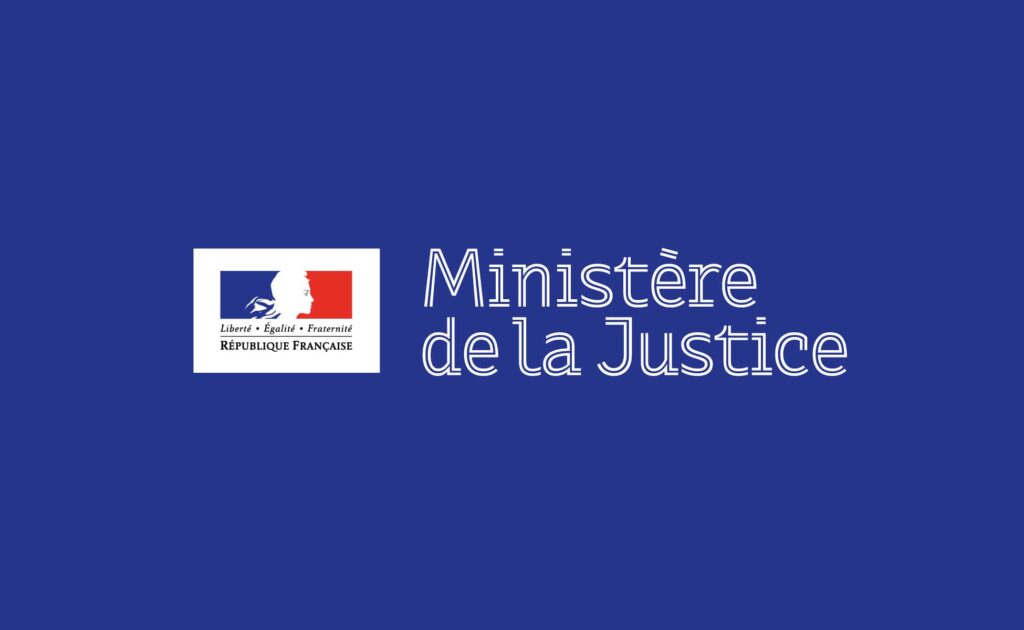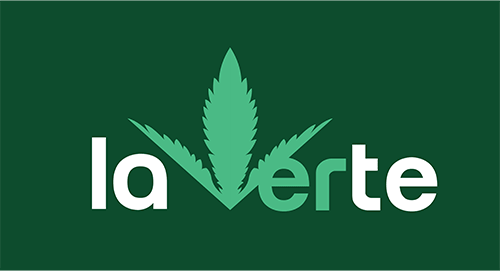News cbd
Justice Department calls for end to criminal prosecution of CBD sellers under 0.2% THC

In recent weeks, CBD owners have often come out of the courts happy. They are more and more relaxed (i.e. declared innocent at the end of a trial) or benefit from a dismissal (abandonment of the proceedings by an investigating judge).
"The Directorate of Criminal Affairs and Pardons issued a dispatch on November 27, 2020, informing prosecutors, and prescribing that no further prosecutions should be considered [...] in the context of the marketing of CBD, except for the presence of THC in proportions greater than those of simple trace"the spokeswoman for the Ministry of Justice announced in an e-mail sent to Newsweed.
One question remains paramount: defining precisely what a "simple trace". According to Emmanuelle Masson, "the instructions given to the prosecutors' offices concern rates higher than 0.2 % of THC ".
"A desire for flexibility
This position is a complete U-turn, compared to the July 2018 circular. In that text, the Chancellery asked public prosecutors to act with "a particular firmness " with cannabidiol traders. Three years later, some prosecutors are still pursuing this issue.
But others are applying this new dispatch, from November 2020. This is the case for Willen Bétriche, owner of The CBD House store in Biarritz. "After two and a half years of proceedings, the court acquitted us on June 17. This is excellent news! When we came out of the hearing, we had a great feeling of freedom", says the one who was handcuffed and then sent to police custody, in late 2018.
For the Bordeaux lawyer Julien Plouton, since the Kanavape ruling formulated by the Court of Justice of the European Union (CJEU), "judges are finding it less and less difficult to say that French law is incompatible with European provisions", which shows "a desire for flexibility". "The CJEU is a supreme court, so we have to draw the consequences", asks lawyer Patrice Spinosi, who is defending CBD before the Court of Cassation in The Pot Company case.
"Many products above 0.2 % are running"
So in the future, CBD shop owners will have to be very, very careful about the THC content of their products. If they exceed 0.2 % of THC, they could be prosecuted. This is what happened to Stéphane Nimsgern. This cannabidiol wholesaler from the Vaucluse region of France spent five months in pre-trial detention in the Aiton prison in Savoie. Like many others, he was eventually dismissed. But the experience marked him.
"An Italian producer had sent me THC, instead of CBD. It tested at 6 % of THC by Italian customs. It was my first time in prison. It was very hard, psychologically"he says. Today, he is campaigning for a "better traceability of products". According to him, "there are still many products that are superior to 0.2 % of THC that turn".
